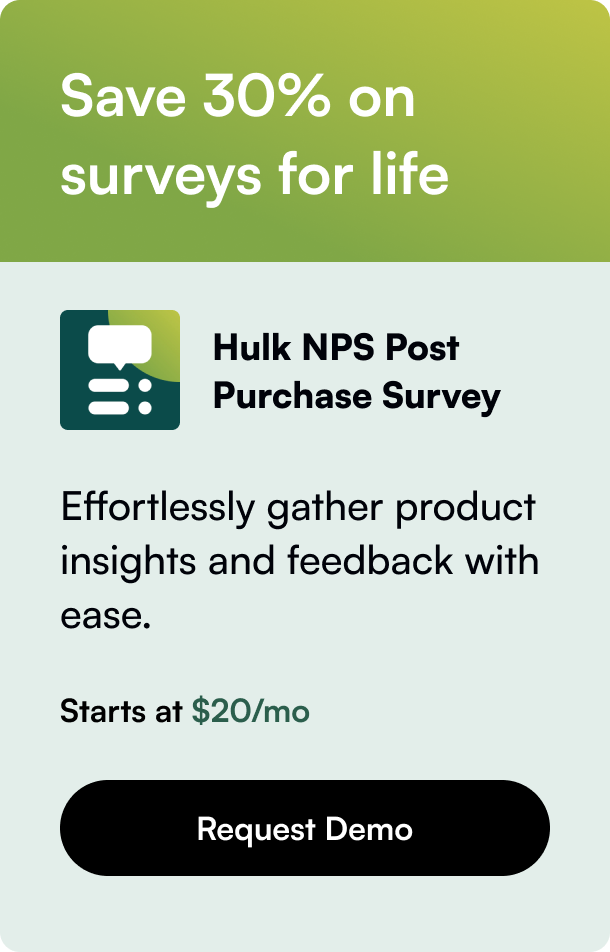Table of Contents
- Introduction
- Why Choosing the Right Platform is Crucial for Success
- Comparing the eCommerce Titans: Big Cartel vs. Shopify
- Pricing Models: Balancing Cost With Capability
- Final Recommendations: Aligning Platform with Purpose
- Conclusion
Introduction
Trying to choose the right eCommerce platform for your online store can feel like navigating a minefield. There are countless options out there, each boasting different features, pricing models, and support systems. Today, we'll be taking an in-depth look into two highly-regarded platforms in the eCommerce space: Big Cartel and Shopify.
Whether you're an artist looking to sell your crafts or a growing business ready to scale online, one of these platforms could be the perfect launchpad for your endeavor. Let's dive in and discover which one can best bring your digital storefront to life while encouraging engagement, clarity, and robust sales.
Why Choosing the Right Platform is Crucial for Success
Your eCommerce platform is more than just a digital place to list your products—it's the backbone of your online business. From handling transactions and managing inventory to optimizing for SEO and providing crucial customer insights, the platform you choose directly impacts your store's functionality, your brand's online presence, and ultimately your bottom line.
A mismatched platform can lead to a host of issues such as poor user experience, limited growth potential, or needless complexities that could deter even the most tech-savvy entrepreneur.
Comparing the eCommerce Titans: Big Cartel vs. Shopify
Big Cartel: The Artist's Ally
Big Cartel prides itself on being an artist-first platform. It offers simplicity, elegance, and just enough functionality without overwhelming its core user base.
Key Features:
- Free Plan Available: Big Cartel allows you to dip your toes in eCommerce waters with a plan that remains free indefinitely.
- Beautiful, Responsive Themes: The platform offers a carefully curated selection of themes perfect for showcasing art and handcrafted items.
- Simple Interface: Big Cartel boasts an intuitive interface that makes initial setup a breeze, especially appealing to those who shy away from overly technical systems.
- Focused on Creatives: Tailored for small operations, Big Cartel speaks directly to artists and makers, reflecting in its community and support offerings.
Limitations:
- Product Listing Ceiling: With a maximum capacity of 500 product listings, there's a limit to how much your store can grow on Big Cartel.
- Limited Features and Integrations: As a trade-off for simplicity, the platform doesn't offer the depth of eCommerce functionality found on more complex platforms.
Shopify: The Complete Storefront Solution
On the other hand, Shopify boasts a one-stop-shop for any eCommerce business need. Its versatility makes it suitable for a wide range of businesses, from startups to enterprise-level powerhouses.
Key Features:
- Extensive App Store: Shopify has a rich ecosystem of apps that expand your store's capabilities exponentially.
- Unlimited Product Listings: Never hit a ceiling with Shopify—scale infinitely as your business grows.
- Robust SEO and Marketing Tools: Bring in traffic and convert it with Shopify's built-in tools and analytics.
- Omni-channel Selling: Reach customers wherever they are, from social media to online marketplaces.
- 24/7 Support and Resources: Benefit from constant support and a vast library of educational content to help you navigate the eCommerce landscape.
Limitations:
- No Free-Forever Plan: Shopify charges a monthly fee, albeit with a free trial period to get started.
- Complexity for Beginners: Some users may find the wide array of features and choices overwhelming at first.
Pricing Models: Balancing Cost With Capability
For budding entrepreneurs, Big Cartel's free plan offers the allure of low investment, while Shopify's tiered plans promise extensive features with the trade-off of a recurring cost and additional transaction fees for third-party payment systems. Balancing the immediate and long-term costs against the potential for growth and revenue is a critical consideration when selecting your platform.
Final Recommendations: Aligning Platform with Purpose
Before making a choice, assess your long-term business goals, technical comfort level, and resource availability. Here are final nuggets of guidance:
- Choose Big Cartel: If you're an artist or creator with a modest inventory, seeking simplicity without investment.
- Opt for Shopify: If you plan to build a diverse product range, require advanced features, or have aspirations for significant growth and expansion.
Conclusion
Navigating the eCommerce platform puzzle is no small feat, but armed with information and insights into Big Cartel and Shopify, you're now better equipped to make a decision that aligns with your business aspirations. Remember to weigh the features against your needs, consider your growth trajectory, and choose a platform that not just meets your current requirements but also supports your future visions.
To aid your inquiry further, consider leveraging forums, user reviews, and perhaps most importantly, take advantage of any free trials or plans. This hands-on experience will be invaluable in making an informed choice that could steer the course of your online business towards sustained success.








